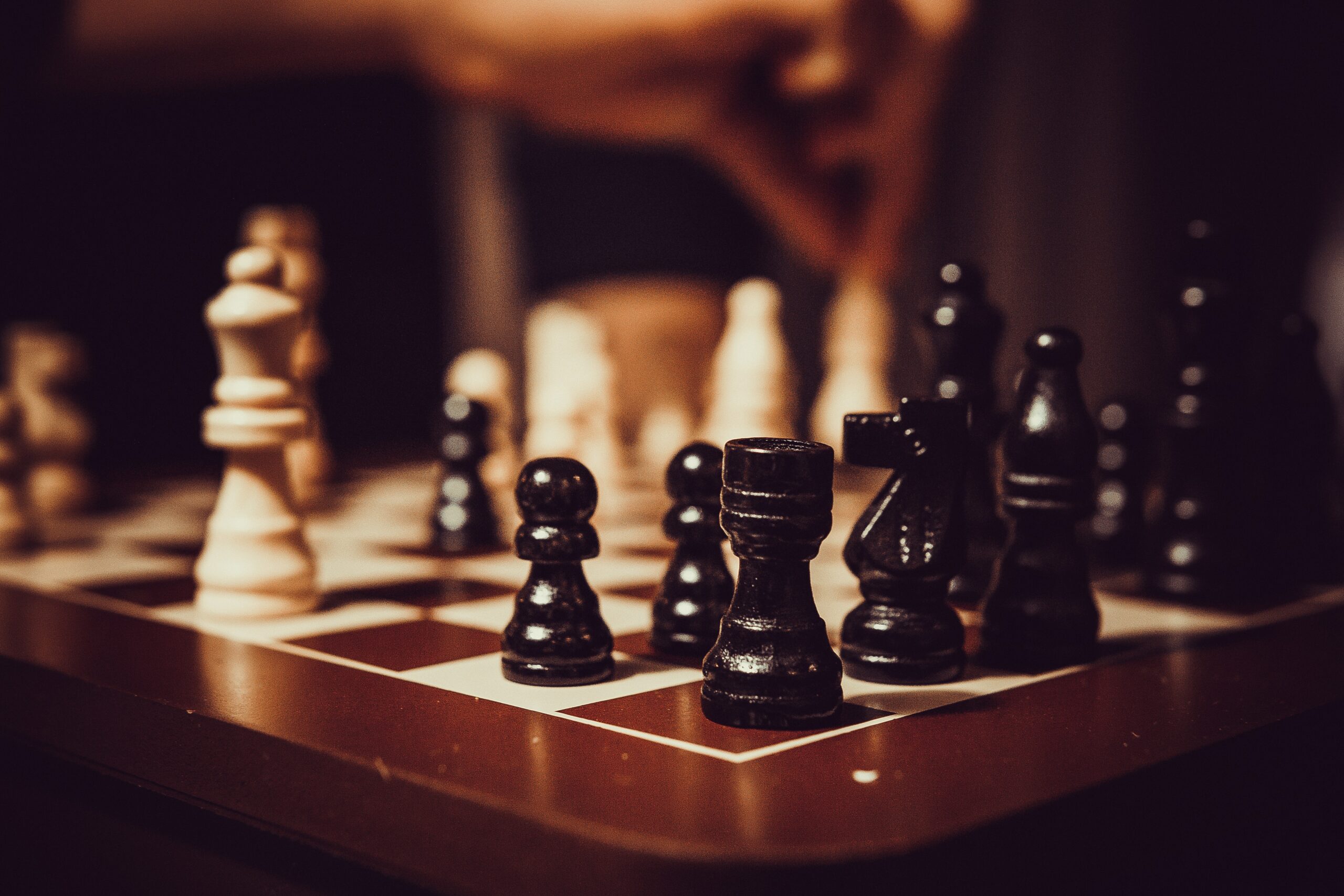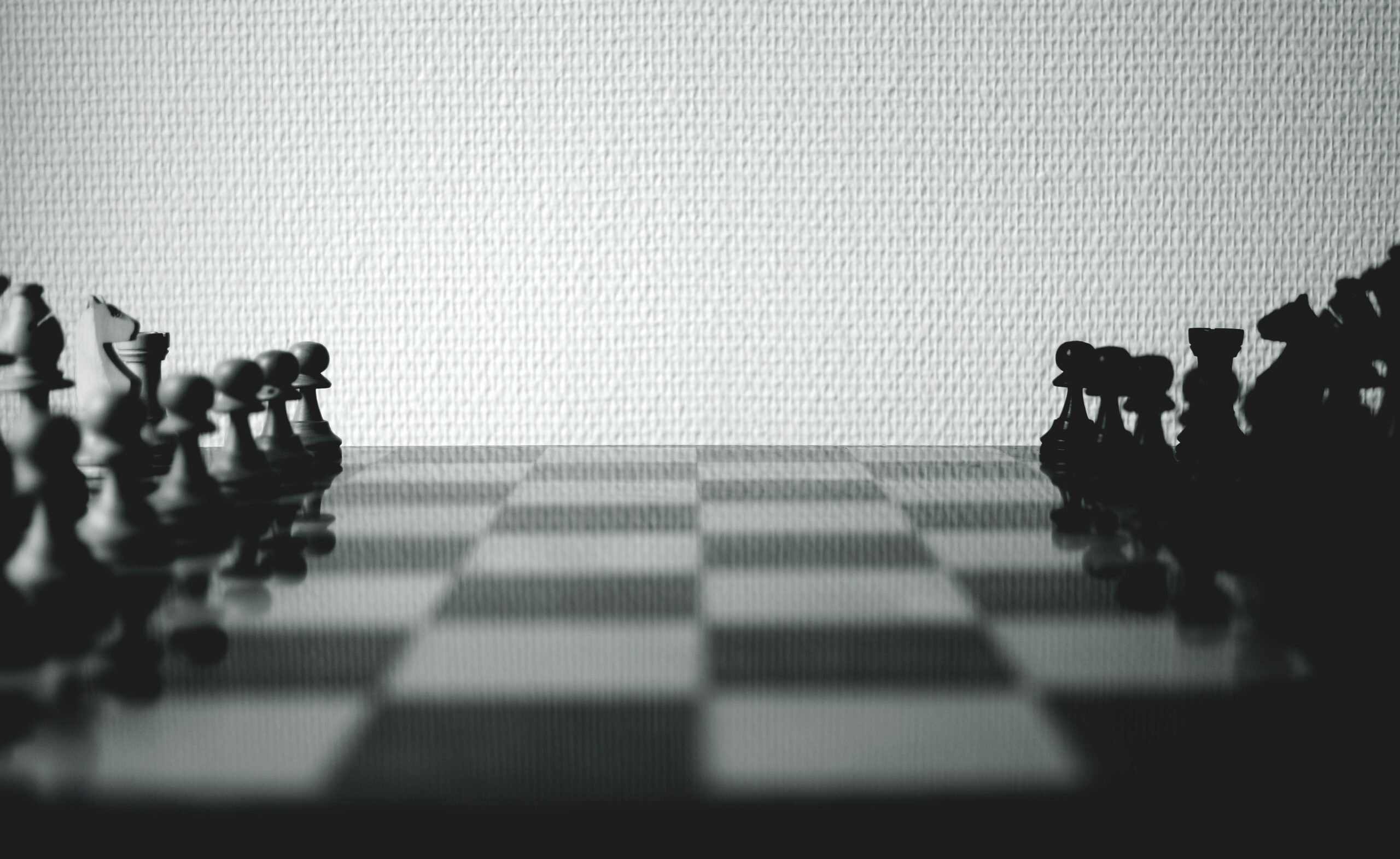Chess is a game that has fascinated and challenged players for centuries. Whether you’re a beginner or an experienced player, finding the best way to practice chess can significantly improve your skills and enhance your enjoyment of the game.
In this article, we will explore various practice techniques, strategies, and resources that can help you take your chess abilities to the next level.
How can beginners improve their chess skills effectively?
For beginners, learning the fundamentals is crucial. Start by familiarizing yourself with the basic rules and movements of each chess piece. Practice playing against a computer or a friend to gain experience and develop your understanding of the game.
Additionally, studying beginner-friendly chess books or online tutorials can provide valuable insights into chess strategies and tactics. By focusing on these foundational elements, beginners can lay a solid groundwork for future growth in their chess skills.
Is there a specific routine for daily chess practice?

Establishing a consistent routine for daily chess practice is essential for improvement. Consider setting aside dedicated time each day to work on different aspects of the game.
This can include solving chess puzzles, analyzing famous games, studying specific openings or endgames, or playing practice matches. By creating a structured practice schedule, you can make the most of your time and ensure a well-rounded development of your chess abilities.
What are the most effective strategies to enhance chess calculation skills?
Chess calculation involves the ability to analyze positions and foresee potential moves and counter-moves. To enhance this skill, regular practice is crucial. Start with simple calculation exercises, such as determining the number of squares a knight can reach in one move.
Gradually progress to more complex puzzles that require calculating multiple moves ahead. Chess software and online platforms offer a wide range of calculation exercises to challenge and improve your skills.
Are there any recommended online platforms for chess practice?

The digital era has brought numerous online platforms that offer chess practice opportunities. Websites like chess.com, lichess.org, and chess24.com provide a range of resources for players of all levels.
These platforms offer features such as puzzles, online games against real opponents, video lessons from top players, and forums for discussing strategies. Additionally, some platforms provide personalized training plans and analysis of your gameplay. Explore these online resources to find the platform that suits your needs and preferences.
How can one develop a strong opening repertoire in chess?
Developing a solid opening repertoire is crucial for success in chess. Start by studying and understanding the basic principles of openings, such as controlling the center and developing pieces harmoniously. It’s recommended to focus on a limited number of openings and become familiar with their main ideas and common variations.
Analyze games played by strong players in your chosen openings to gain insights and understand the strategic concepts behind them. By practicing and refining your opening repertoire, you can gain a strategic advantage in the early stages of the game.
What are the best methods to improve chess tactics and combinations?
Chess Tactics and combinations play a significant role in determining the outcome of a game. To improve in this area, solve tactical puzzles regularly. These puzzles feature specific positions where you need to find the best move or combination of moves to gain an advantage.
Chess books, online platforms, and mobile apps offer a vast collection of puzzles for players of all levels. By regularly engaging in tactical exercises, you can sharpen your ability to spot opportunities and calculate accurately in a game.
How can one analyze and learn from chess games?

Analyzing your own games is a crucial part of improving your chess skills. After playing a game, take the time to review and analyze it. Identify critical moments, mistakes, missed opportunities, and strong moves. Use chess software or online tools to analyze your games, providing deeper insights into the position and offering alternative moves or variations.
Additionally, consider seeking feedback from stronger players or joining a study group to discuss and analyze games together. By analyzing and learning from your games, you can identify areas for improvement and refine your strategic thinking.
Are there any recommended books or resources for advanced chess practice?
For advanced players looking to take their chess skills to the next level, there are several highly recommended books and resources available. Classics such as “My System” by Aron Nimzowitsch, “The Art of Attack in Chess” by Vladimir Vuković, and “Silman’s Complete Endgame Course” by Jeremy Silman are widely regarded as essential reads.
Online platforms, chess courses, and video lessons by renowned players can also provide advanced players with valuable insights and strategies. By immersing yourself in these resources, you can expand your knowledge and refine your playing style.
What are the benefits of solving chess puzzles regularly?
Solving chess puzzles on a regular basis offers numerous benefits to players of all levels. Puzzles help sharpen your tactical skills, improve pattern recognition, and enhance your calculation abilities. They train you to spot opportunities, calculate variations, and develop a better understanding of piece coordination.
Solving puzzles also improves your concentration, patience, and problem-solving skills, which can have positive effects both on and off the chessboard. Make solving puzzles a part of your regular chess practice routine to reap these valuable benefits.
| Aspect | Chess.com | Lichess.org | Chess24.com |
|---|---|---|---|
| Free Membership | Yes | Yes | Yes |
| Training Material | Extensive | Wide Range | Comprehensive |
| Puzzles | Yes | Yes | Yes |
| Interactive Lessons | Yes | Yes | Yes |
| Online Tournaments | Yes | Yes | Yes |
| Video Lessons | Yes | Yes | Yes |
| Community Forums | Yes | Yes | Yes |
| Analysis Tools | Advanced | Robust | Powerful |
| Personalized Training Plans | Yes | No | Yes |
| Live Coaching | Yes | No | Yes |
Is it necessary to study famous chess games to improve?
Studying famous chess games can be an excellent way to improve your understanding of the game. By reviewing games played by chess legends such as Garry Kasparov, Anatoly Karpov, or Bobby Fischer, you can gain insights into their thought processes, strategic decisions, and tactical mastery.
Analyzing these games can help you identify recurring patterns, understand different playing styles, and learn from the mistakes and successes of great players. By studying famous chess games, you expand your chess knowledge and develop a deeper appreciation for the beauty of the game.
How can one improve their positional understanding of chess?
Developing a strong positional understanding is vital for chess players. To enhance this aspect of your game, study games and materials focused on positional play. Analyze games played by positional masters like Tigran Petrosian or Ulf Andersson to gain insights into their strategic thinking.
Focus on understanding the strengths and weaknesses of different pawn structures, piece placement, and the importance of prophylaxis. By actively studying and applying positional concepts, you can improve your decision-making process and long-term planning in chess.
What are the key elements to focus on during endgame practice?
The endgame is a crucial phase of the game where small advantages can be converted into victory. To improve your endgame skills, focus on studying fundamental endgame principles, such as king and pawn endgames, rook endgames, and basic checkmating patterns.
Reviewing classic endgame studies and solving endgame puzzles can enhance your understanding of key concepts and improve your technique. Additionally, practicing endgame positions against computer engines or fellow players can help you develop the necessary skills and build confidence in this critical phase of the game.
Are there any recommended chess training programs or software?
Chess training programs and software have become increasingly popular in recent years. Platforms like ChessBase, Chess.com, and Chessable offer a wide range of training materials, interactive lessons, and practice exercises. These programs often utilize advanced algorithms to tailor the training to your skill level and provide personalized feedback.
They can help you identify your weaknesses, track your progress, and offer targeted training plans to address specific areas of improvement. Explore these training programs and software to find the one that suits your learning style and goals.
How can one effectively utilize chess study groups or clubs?
Chess study groups and clubs provide valuable opportunities for players to interact, learn from one another, and improve their skills collectively. Joining a study group or a local chess club allows you to engage in discussions, analyze games together, and receive feedback from experienced players.
You can participate in friendly matches, simulate tournament conditions, and challenge yourself against stronger opponents. These communities foster a supportive and inspiring environment where you can share ideas, exchange strategies, and cultivate your passion for chess.
What are the common mistakes to avoid during chess practice?
While practicing chess, it’s essential to be aware of common mistakes that can hinder your progress. Avoid rushing through moves without careful consideration or falling into traps set by your opponents. Don’t neglect the study of different aspects of the game, such as openings, tactics, endgames, and positional play.
Overlooking the importance of reviewing and analyzing your own games can also be detrimental to your improvement. Additionally, maintain a healthy balance between practice and rest, as burnout can hinder your learning process. By being mindful of these common mistakes, you can optimize your chess practice and continue to grow as a player.
In drawing to a close
In this comprehensive article, we explored various techniques and strategies to help you practice chess effectively and improve your skills. From beginner tips and routines to advanced resources and study methods, we covered all aspects of chess practice.
Solving puzzles, studying famous games, analyzing your own games, and utilizing online platforms and training programs are just a few of the approaches discussed. By integrating these practices into your routine and maintaining a growth mindset, you can unlock your potential and take your chess game to new heights. So, grab your chessboard, dive into the fascinating world of chess, and enjoy the journey of continuous improvement.




